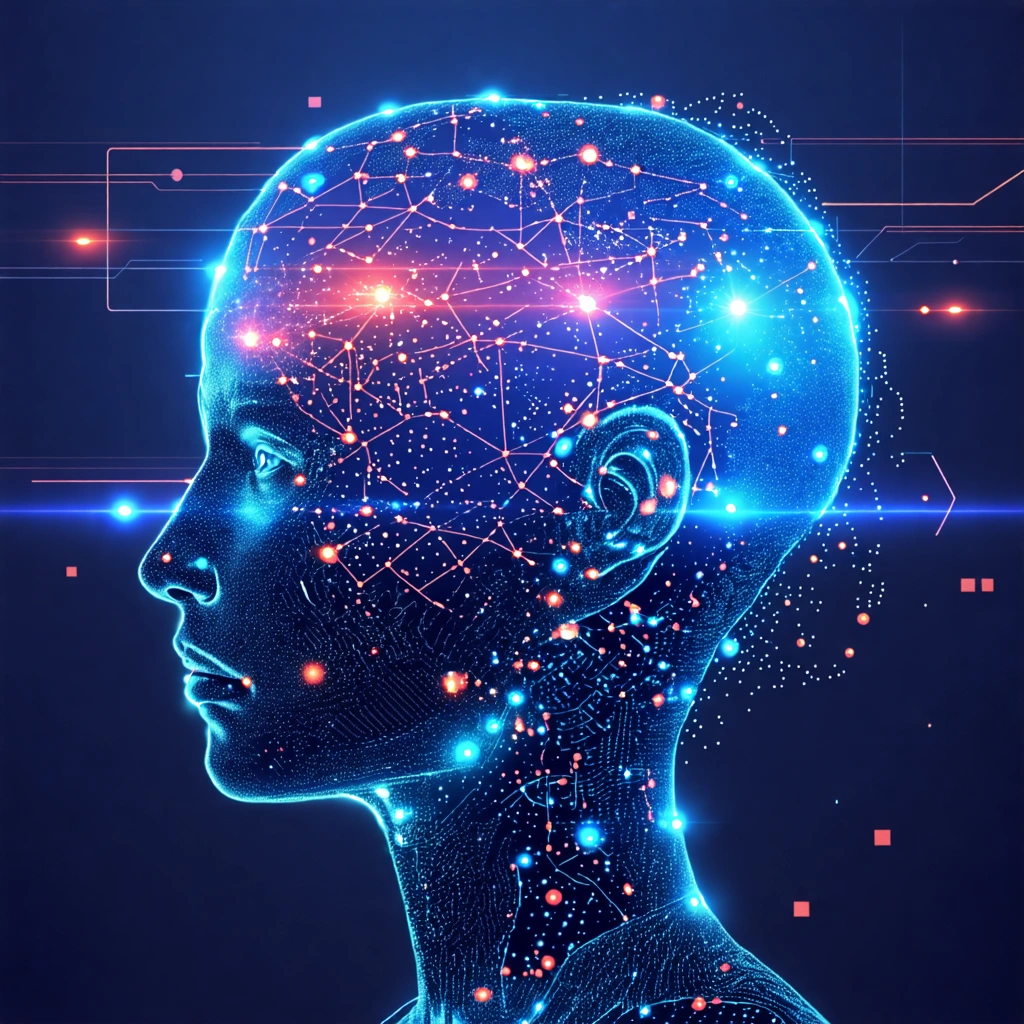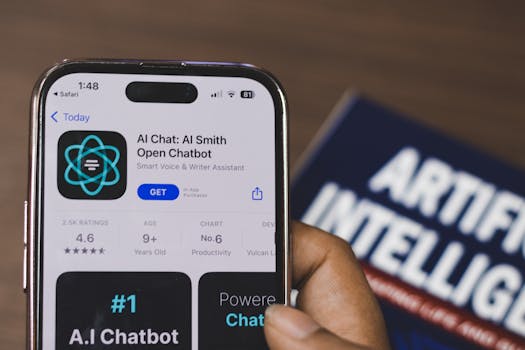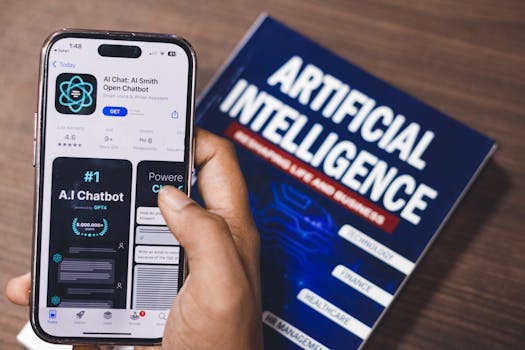
The Future of AI: Predictions and Trends in 2025
Takeaways:
- AI will integrate deeply into various sectors, enhancing efficiency and productivity.
- Ethics and regulatory frameworks will play a crucial role in guiding AI development.
- Personalization and user experience will be significantly improved through advanced AI techniques.
- Cognitive computing will enable machines to mimic human thought processes, leading to smarter decision-making.
- Collaboration between humans and AI will redefine the workplace, creating new job opportunities.
The landscape of artificial intelligence (AI) is evolving at an unprecedented pace. As we look ahead to 2025, numerous predictions and trends are shaping the future of this transformative technology. From enhanced automation to ethical considerations, AI is poised to revolutionize industries and influence our daily lives in profound ways. In this article, we will explore the anticipated advancements in AI over the next few years, the challenges that lie ahead, and how businesses and individuals can prepare for the changes to come.
1. The Rise of Intelligent Automation

Organizations will leverage AI to automate routine tasks, allowing human employees to focus on more strategic activities. For instance, customer service chatbots powered by natural language processing (NLP) will handle basic inquiries, while human agents will tackle complex issues requiring empathy and nuanced understanding.
Additionally, sectors like manufacturing, healthcare, and finance will see a dramatic increase in the use of AI-driven automation. Smart factories will utilize AI to optimize operations, predict maintenance needs, and enhance supply chain management. In healthcare, AI will assist in diagnostics and patient management, leading to better patient outcomes and reduced costs.
As companies adopt intelligent automation, the workforce will need to adapt. Upskilling and reskilling initiatives will become essential to equip employees with the necessary skills to work alongside AI systems. Organizations that prioritize employee development will likely have a competitive edge in the AI-driven economy.
2. Enhanced Personalization Through AI

For example, e-commerce platforms will use AI algorithms to analyze user behavior and preferences, allowing them to suggest products that align with individual tastes. Streaming services will enhance user experience by recommending content based on viewing habits, creating a more engaging environment for consumers.
This level of personalization extends beyond retail. In the financial services sector, AI will enable personalized investment strategies and financial advice tailored to individual risk tolerances and goals. Similarly, in healthcare, AI will analyze patient data to provide customized treatment plans, improving health outcomes.
However, this trend raises important questions about privacy and data security. As businesses collect more data to enhance personalization, they must also ensure that they are transparent about how this data is used and protected. Striking a balance between personalization and privacy will be crucial for building trust with consumers.
3. The Ethical and Regulatory Landscape of AI

Regulatory bodies will likely introduce guidelines and policies aimed at ensuring that AI systems are developed and deployed ethically. Companies that prioritize ethical AI practices will not only mitigate risks but also enhance their reputations and build consumer trust.
Moreover, as AI systems begin to make decisions that significantly impact individuals and society, the need for accountability will grow. Organizations will be tasked with ensuring transparency in AI decision-making processes, allowing stakeholders to understand how and why specific outcomes are achieved.
The development of AI ethics boards and multidisciplinary teams within organizations will become common, helping to navigate the complexities of AI deployment. By fostering a culture of ethical consideration, businesses can align their AI initiatives with societal values, ensuring that technology serves humanity positively.
4. The Evolution of Human-AI Collaboration

AI will augment human decision-making by providing data-driven insights and recommendations. For example, in fields such as marketing, AI will analyze consumer trends and behaviors, allowing marketers to craft more effective campaigns. In healthcare, AI will assist doctors in diagnosing conditions by analyzing medical images and patient data, improving accuracy and speed.
This shift towards collaboration will require a cultural change within organizations. Businesses will need to foster environments that encourage experimentation and innovation, where employees feel empowered to work alongside AI technologies. Training programs will be essential to equip workers with the skills needed to thrive in this new landscape.
Furthermore, as AI takes on more decision-making responsibilities, organizations will need to establish clear guidelines for human oversight. Ensuring that humans remain in the loop will be vital for maintaining accountability and ethical standards.
5. The Role of AI in Sustainability and Climate Change

In agriculture, AI will enable precision farming techniques that maximize crop yields while minimizing environmental impact. Sensors and drones equipped with AI algorithms will monitor soil health, weather conditions, and crop growth, allowing farmers to make data-driven decisions that promote sustainability.
In the energy sector, AI will optimize energy consumption and distribution, facilitating the transition to renewable energy sources. Smart grids powered by AI will enhance energy management, reducing reliance on fossil fuels and minimizing greenhouse gas emissions.
Moreover, AI will aid in climate modeling and prediction, providing valuable insights for policymakers and researchers. By analyzing vast datasets, AI can identify patterns and trends that inform climate initiatives and help mitigate the impacts of climate change.
As businesses and governments increasingly prioritize sustainability, the integration of AI into environmental strategies will become essential. Companies that embrace AI-driven sustainability initiatives will not only contribute to a healthier planet but also enhance their market position and appeal to environmentally conscious consumers.
Conclusion

Organizations that proactively embrace AI and invest in their workforce will be better positioned to thrive in this evolving landscape. By fostering collaboration between humans and AI, prioritizing ethical considerations, and leveraging AI for sustainable practices, businesses can navigate the complexities of the future while contributing to a better world.
As we stand on the brink of this new era, it is essential for all stakeholders—businesses, policymakers, and individuals—to engage in constructive dialogue about the future of AI. By working together, we can harness the potential of artificial intelligence to create a brighter and more sustainable future for all.






